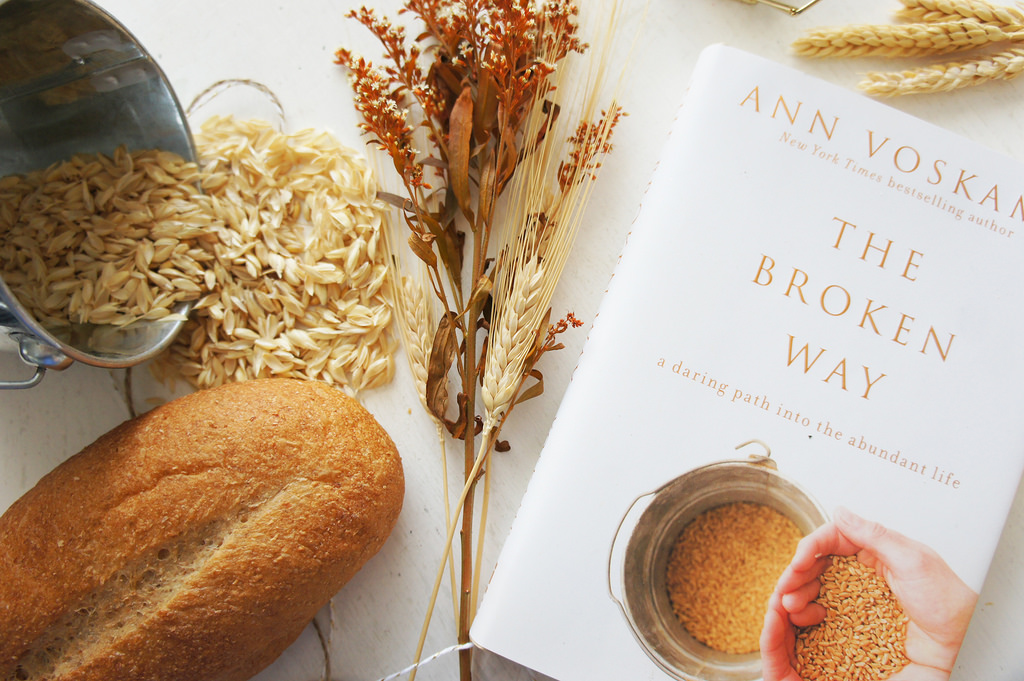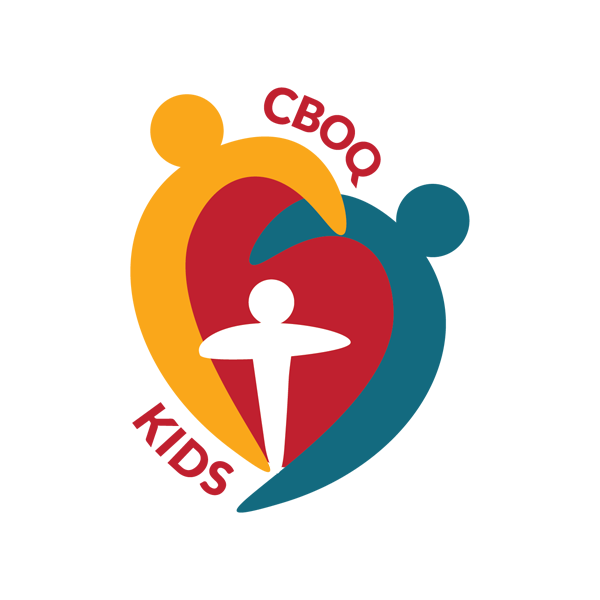
The Broken Way
Some books just wreck you in the best way possible. They shatter and then reconstruct your ideas and beliefs and radically change the way you see yourself and how you understand and perceive the world around you. I’ve been a fan of Ann Voskamp’s since I read “One Thousand Gifts” a few years ago. The way she writes is poetic and raw and real and it’s alarming how quickly she shoots straight for the heart.
In Ann’s new book “The Broken Way” she tackles the question of “What do we do with our unspoken broken?” and “What is the answer to suffering, to the brokenness of all our hearts?” Whether we are willing to admit it or not we have all been dealt our fair share of brokenness, whether it be a broken relationship, the death of a family member or friend, the loss of a job, or any other heartache that has come our way. As humans we are all too familiar with pain and suffering. When we are in the thick of it the pain can seem overwhelming, it can feel like a thousand pounds weighing heavily on your chest and every single breath is a battle. It can feel like you’re drowning – like you’re frantically treading water, kicking and splashing in a desperate attempt to keep yourself above the surface. Yet with every kick of your legs and flail of your arms you swallow more water and you know you’re so close to sinking. It’s that feeling as grown adults where you want to throw yourself on the ground and scream and cry and wail and give in to the raw ache in your heart. It’s the sadness that creeps in slowly and then consumes you all at once. What I’m describing is universal – I don’t think there is a single one of us that has managed to escape brokenness. We all may feel it as a result of different situations and feel it to varying degrees but brokenness is universal and so regardless of the extent to which we feel broken we can empathize with one another through the pain.
Through Ann’s writing she manages to help you reframe your idea of brokenness and what it leads to. Ann presents the idea that our brokenness actually leads to a life of abundance. She wrestles through the notion that with a breaking there must also be giving and that giving should allow us to enter into a place of communion – with God and with one another – and that through this breaking and giving and communion there is abundance and life. Ann writes:
“I hold the broken Last Supper in front of me, a Jesus with broken hands. What did Jesus do after He gave thanks? ‘And he took bread, gave thanks and broke it, and gave it to them.’ He took it and gave thanks. Eucharisteo. Then He broke it and gave. How many times had I said it: ‘Eucharisteo precedes the miracle’? Thanksgiving precedes the miracle—the miracle of knowing all is enough. And how many times had I read it—how Jesus ‘took the seven loaves and the fish, and when he had given thanks, he broke them and gave them to the disciples, and they in turn to the people’? Eucharisteo—Jesus embracing and giving thanks for His not-enough—that preceded the miracle. But why hadn’t I been awakened at the detonation of the revelation before? What was the actual miracle? The miracle happens in the breaking. Not enough was given thanks for, and then the miracle happened: There was a breaking and a giving—into a kind of communion—into abundant filling within community. The miracle happens in the breaking.”
We all struggle and wrestle with the question “Why?” – Why would God let such heart wrenching things happen to his children? But Ann writes, “Who knows why God allows heartbreak, but the answer must be important enough because God allows his heart to break too.” More often than not we question the brokenness because it feels displaced, it feels burdensome and heavy but through reading “The Broken Way” I’ve come to see my brokenness as a path to living an abundant and full life. The pain helps me see the pain others are in the midst of. The hurt helps me see the hurting with clear eyes. It allows me to offer my brokenness to God knowing he will begin in me the work of healing and making new and then my brokenness will be a beacon through which his light can shine through.
“maybe – communion can only happen when not only our strong parts are broken and given, but when our broken parts are also given. Maybe communion happens not only when we’re broken and given – but when we give each other our brokenness.”
What does it look like to live broken, authentic, real lives? What does it look like for us to journey together in community through the hard and messy parts of life? What does it look like to let our wounds tell stories of God’s victories? I’m asking those questions because after reading this book they are pressing deep into my heart. I’m wondering what a vulnerable, authentic and unspoken broken way of living can do. I’m learning it can transform me, it can challenge me and that it most certainly will lead me to Jesus. Cause the God I know and love sits with the broken hearted. He loves those who feel lost and outcast. And he heals all who feel broken and he ushers them into a full life of abundance.
“There is abundance. There is always more because God is always enough, and He makes all brokenness into abundance and never be afraid of broken things because Christ is redeeming everything.”
Yes. He is Redeeming EVERYTHING.

+ There are no comments
Add yours